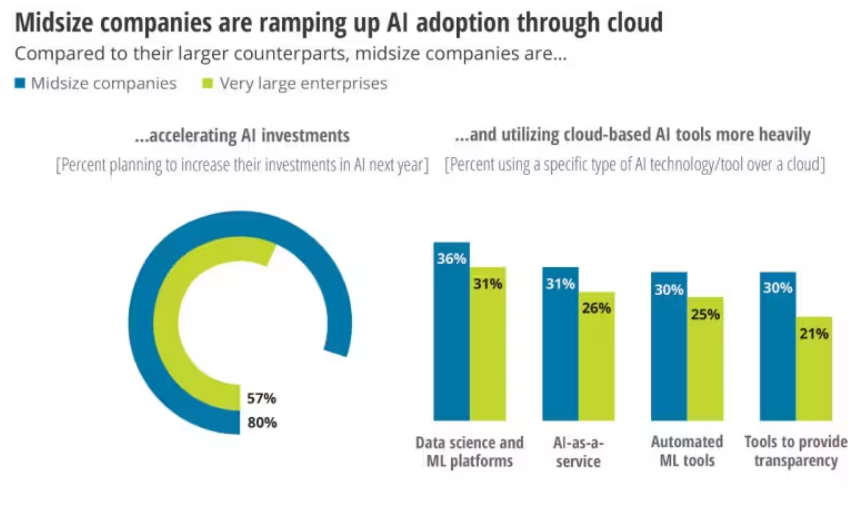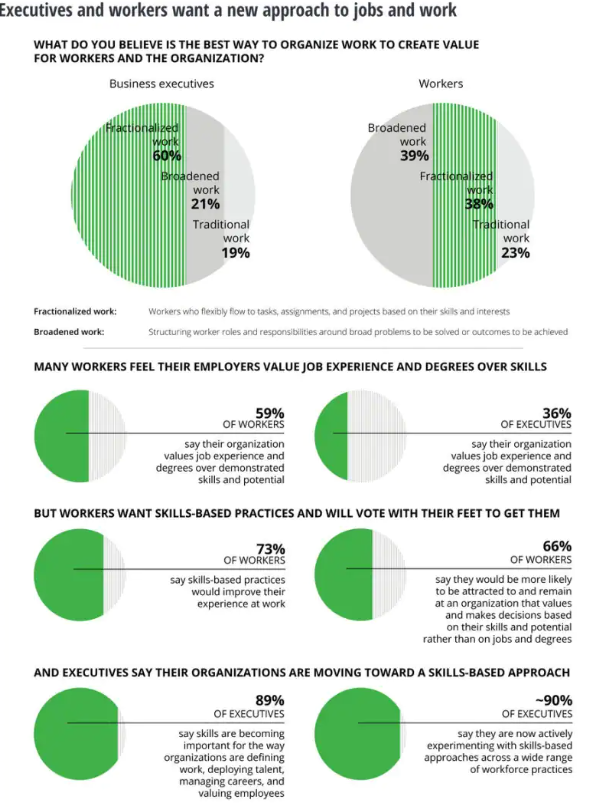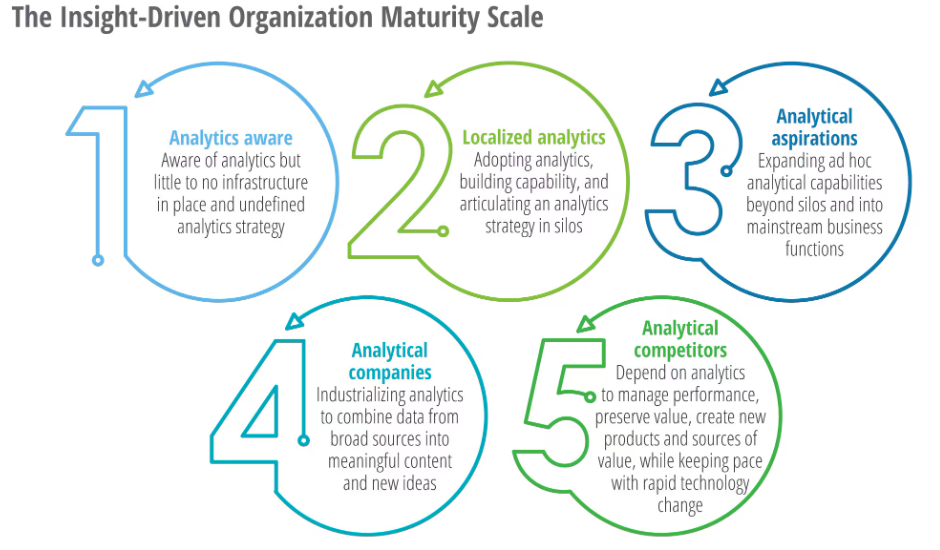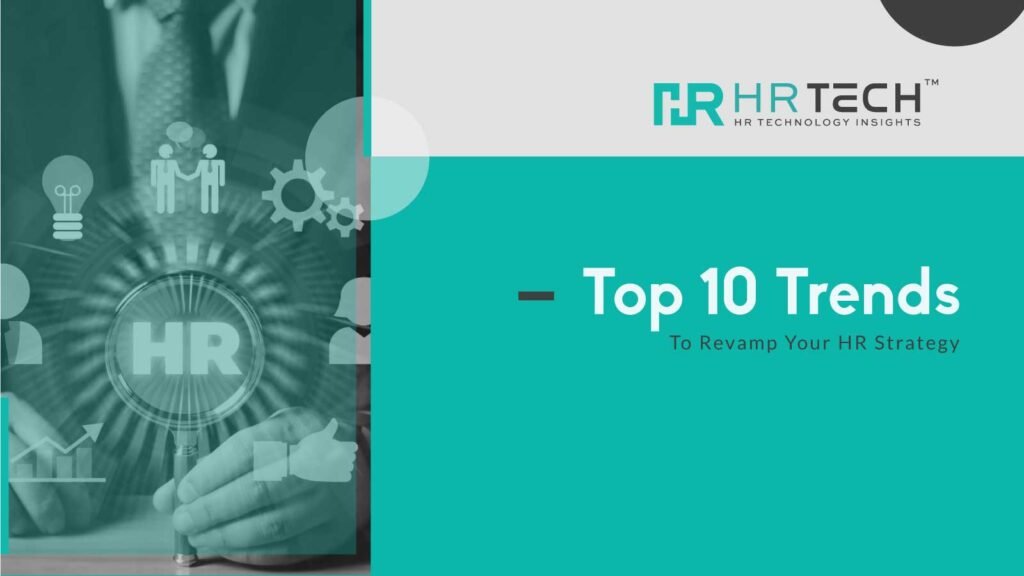HRs are rapidly adopting new technologies to ensure effective implementation and productive work. The quick use of GenAI, the adoption of a blended workforce, digital documentation, and work-life balance support the immense growth of the HR industry. Human resource management is a continuously evolving industry. Adapting advanced technologies, integrating various processes, and dealing with economic shifts and societal changes, HRs need to get along with everything.
The constant growth of the business world is introducing unexpected innovations and breakthroughs, potentially revolutionizing work culture and work models. However, not all trends are created equal. Some can significantly improve a business, while others may cause harm. Carefully selecting and implementing the right trends can transform your organization into a more positive workplace. This proactive approach will enhance your HR expertise and allow you to adapt your strategies accordingly.

Visit HR Tech Blog: Top 10 Benefits of Transitioning to Cloud HR System
Top 10 Trends To Revamp Your HR Strategy
#1. Steady AI Adaption
AI and automation are taking over the world, and HR management stays no further. HR looks after all the processes from the recruitment of an employee to their release. The hiring process consumes invaluable time for the HRs; thus, adapting AI for recruitment and employee engagement can streamline their work process. AI can streamline processes, enhance employee engagement, and improve decision-making. The automated systems can handle repetitive tasks such as resume screening and shortlisting, interview scheduling, and managing payroll, allowing HR professionals to emphasize their strategic initiatives with the saved time.
#2. Implementation Of Hybrid Workforce Model
The pandemic era brought a change we never could have imagined. The outbreak led to the rapid adoption of remote work to keep the workforce going. Since then, most organizations have embraced a hybrid work culture and promoted working remotely as well as in the office. Hybrid work has become a new trend, and leaders must implement these strategies to develop an employee-friendly workforce.
#3. Enhanced Employee Experience
Employee well-being is a crucial factor and the utmost priority of every organization. Human Resource Management prioritizes holistic wellness initiatives, encompassing physical, mental, and emotional health. Companies are investing in resources to support mental well-being, offering flexible work schedules, and encouraging a healthy work-life balance.
AI can revolutionize HR by providing deeper insights into employee satisfaction. AI-powered tools can analyze employee feedback from various sources, enabling HR teams to identify potential issues and take proactive measures to improve the workplace. Creating a positive employee experience is crucial for productivity and retention. Human resource management emphasizes enhancing the employee lifecycle. From onboarding to offboarding, HR must ensure the employee experiences a safe and smooth transition.

Visit HR Tech Blog: Top 10 Crucial Leadership Skills To Lead An HR Team
#4. Data-Driven Human Resources
HR analytics is becoming a crucial tool for making data-driven decisions. By analyzing employee data, HR can gain valuable insights into performance, engagement, turnover, and other key metrics. This data-driven approach enables organizations to predict future trends and proactively address potential issues.
#5. DEI (Diversity, Equity, and Inclusion)
Diversity, equity, and inclusion initiatives are gaining traction as organizations seek to create more inclusive workplaces. HR is playing a pivotal role in driving these efforts by implementing fair hiring practices, promoting a culture of inclusion, and providing training to address unconscious bias and cultural sensitivity.
#6. Change Management
Change management is the process of identifying, planning, and implementing organizational changes. It’s a critical function, especially in today’s rapidly evolving business landscape. Most of the HR leaders prioritize organizational design and change management. HR professionals often play a pivotal role in change management due to its significant impact on the workforce. By considering the factors involved in change management, HR can help organizations improve efficiency, effectiveness, and overall success.

Visit HR Tech Blog: Top 10 Talent Intelligence Tools to Boost Workforce Performance
#7. Digital Transformation
HR technology is constantly evolving, with the adoption of new technologies and tools. The platforms emerging to streamline HR processes. Digital transformation in HR involves implementing HR software to streamline tasks like recruitment, onboarding, performance management, and employee engagement. These technologies improve efficiency, accuracy, and overall HR service delivery.
#8. Sustainability and CSR
Sustainability and corporate social responsibility (CSR) are becoming essential components of HR. Organizations are focusing on sustainable business practices and ensuring their operations have a positive impact on society and the environment. HR plays a crucial role in promoting and implementing CSR initiatives, engaging employees, and building a socially responsible company culture.
#9. Collaboration and Partnership with HR Tech Solutions
Navigating the evolving HR landscape can be challenging, but partnering with an HR tech solutions provider can help. Our expertise in HR technologies and strategies can ensure your organization stays ahead of the curve.
#10. Cognitive Skills
The world economy estimates that almost 44% of employee’s core skills are predicted to evolve extensively in the coming years. However, there is an endless list of the most important skills for the future. Cognitive skills are most in demand for analytical and creative thinking in the AI age. AI combined with technological literacy becomes the third fastest-growing skill along with the skills of flexibility curiosity, resilience, and lifelong learning.

The above trends are predicted to revamp the HR industry in the coming years. It will also influence most work cultures asking them to emphasize it and ensure that everything falls into place. With the adoption of advanced technologies, certain HR strategies need to be revamped to fit in with the adopted advancements. The future of HR is dynamic and full of opportunities for innovation and improvement. By staying informed about the latest trends and leveraging the right technologies and strategies, HR professionals can create a more efficient, inclusive, and supportive workplace.
Collaborate with HR Tech Solutions to navigate these trends and transform your practices into advanced HR practices. The greatest challenge HR professionals face in this advanced age and in the future will be the smooth transition of the organization. Additionally, they also need to be hyper-active as soon as something comes up and align it with the work culture. As the workplace becomes increasingly virtual, technology will play a crucial role in supporting HR initiatives. Automating HR systems can significantly enhance efficiency and help organizations stay aligned with current trends.
To share your insights, please write to us at news@intentamplify.com



